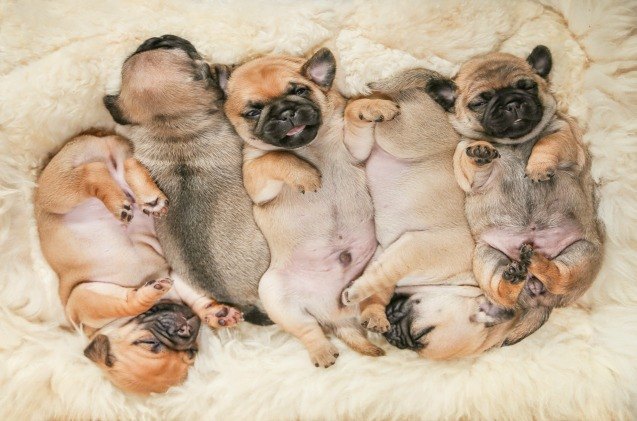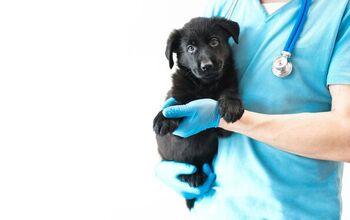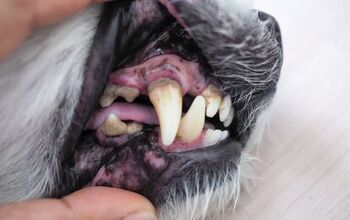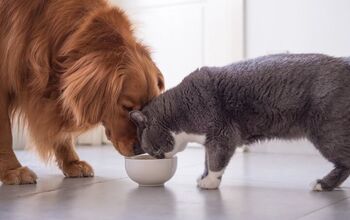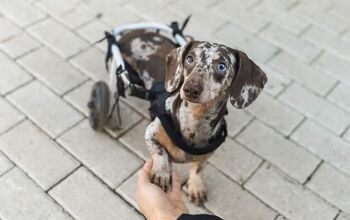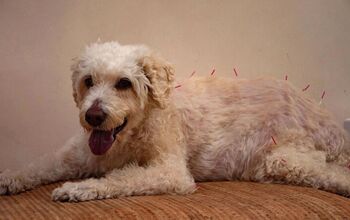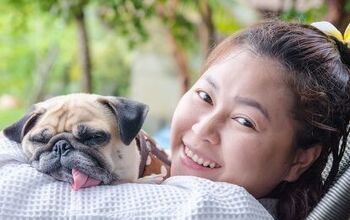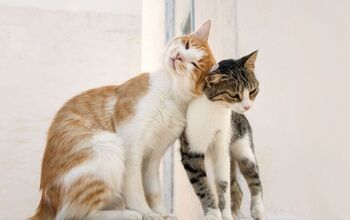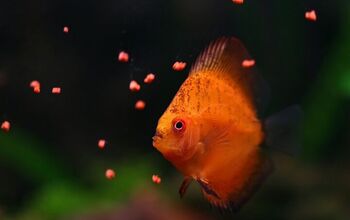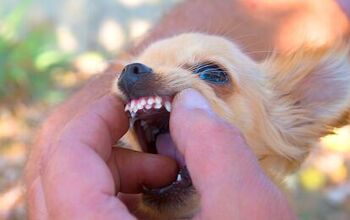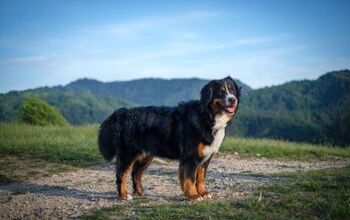Fleas and ticks aren’t the only parasites that dog owners have to fear in southern California this summer. Scientists from the University of California, Riverside, are warning dog owners to keep their pooches out of the water this summer after they have discovered a potentially deadly parasite.A deadly flatworm species that has previously only existed in Texas and other Golf Coast states, has made its way to the west coast and is now present in the portion of the Colorado River that runs through California. The worm, Heterobilharzia americana, is a flatworm commonly known as the liver fluke. The parasite can cause canine schistosomiasis, an illness that affects the liver and intestine of dogs. Although treatment options are available once the dog becomes infected, they aren’t always effective leaving vets no other option than to euthanize the dog. “Dogs can die from this infection, so we are hoping to raise public awareness that it’s there,” said Adler Dillman, a nematology professor at the University of California, Riverside. “If you’re swimming in the Colorado River with them, your pets are in peril.” After learning about several cases of infection in local dogs, professor Dillman and his research team headed to Blythe, a border town in Riverside County. All of the sick dogs have spent time there, swimming in the river.Since snails are responsible for transmitting the infection, researchers collected more than 2,000 along the banks of the Colorado River. The team used DNA testing to identify the snails and the flatworm.The team was astonished to find not one, but two species of snail that can carry the parasite!“We actually found two species of snail that can support H. americana in the river in Blythe and we found both snails actively shedding this worm,” said Dillman, according to UC Riverside News. “Not only was it a surprise to find H. americana, we also didn’t know that the snails were present here.”The flatworm first makes its way into the snail's body, traveling through its system. Once transformed, it moves out to find a mammal host to infect. Without a host, the parasite can’t survive more than 24 hours on its own. Dogs and raccoons are particularly susceptible to becoming infected after coming into contact with water, whether from drinking or swimming in it. The worm gets inside the veins of the intestinal lining, where it develops into an adult and mates. The presence of adults in the veins isn’t as problematic as the eggs that get into the lungs, spleen, liver, and heart. The dog’s immune system reacts by forming clusters of cells, called granulomas. In time, the organ tissues stop functioning.It may take several months for a dog to show any signs of the infection. Symptoms start slowly and include loss of appetite, and progress to vomiting, diarrhea, profound weight loss, and signs of liver disease. “If your dog has these symptoms after swimming in the Colorado River, it’s a good precaution to ask your veterinarian for a simple fecal test,” said Emily Beeler, a veterinarian with the Los Angeles County Department of Public Health. “Treatment typically involves use of multiple medications and close monitoring of the dog by a veterinarian.”Although potentially deadly for our canine companions, this parasite can’t cause the same issues in humans. “ It can cause swimmers itch, a red rash where it penetrates human skin. But it’s not able to cause an infection,” Dillman explained.Steer clear of bodies of water that could contain infected snails to prevent your pooch from catching flatworms. If your pooch can’t resist taking a dip, monitor them for symptoms of flatworm infection in the weeks afterward. Join the PetGuide community. Get the latest pet news and product recommendations by subscribing to our newsletter here.





